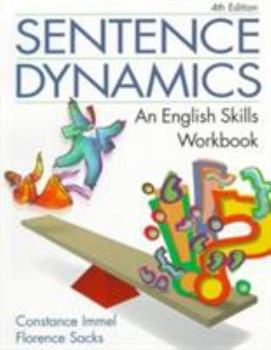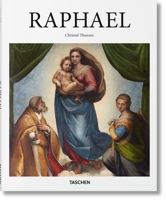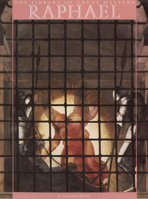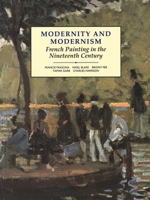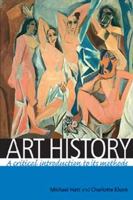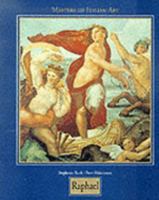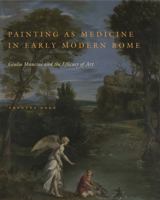Sentence Dynamics: An English Skills Workbook
Select Format
Select Condition 
More by Constance Immel
Book Overview
Sentence Dynamics teaches the essentials of grammar and sentence construction through review of basic sentence structure, parts of speech, and punctuation. New examples and readings cover topics on public issues, popular culture, and scientific interests all within the context of grammar instruction. This description may be from another edition of this product.
Format:Paperback
Language:English
ISBN:032100342X
ISBN13:9780321003423
Release Date:January 1998
Publisher:Longman Publishing Group
Length:402 Pages
Weight:1.80 lbs.
Dimensions:0.8" x 8.4" x 10.8"
You Might Also Enjoy
Customer Reviews
5 customer ratings | 5 reviews
There are currently no reviews. Be the first to review this work.











